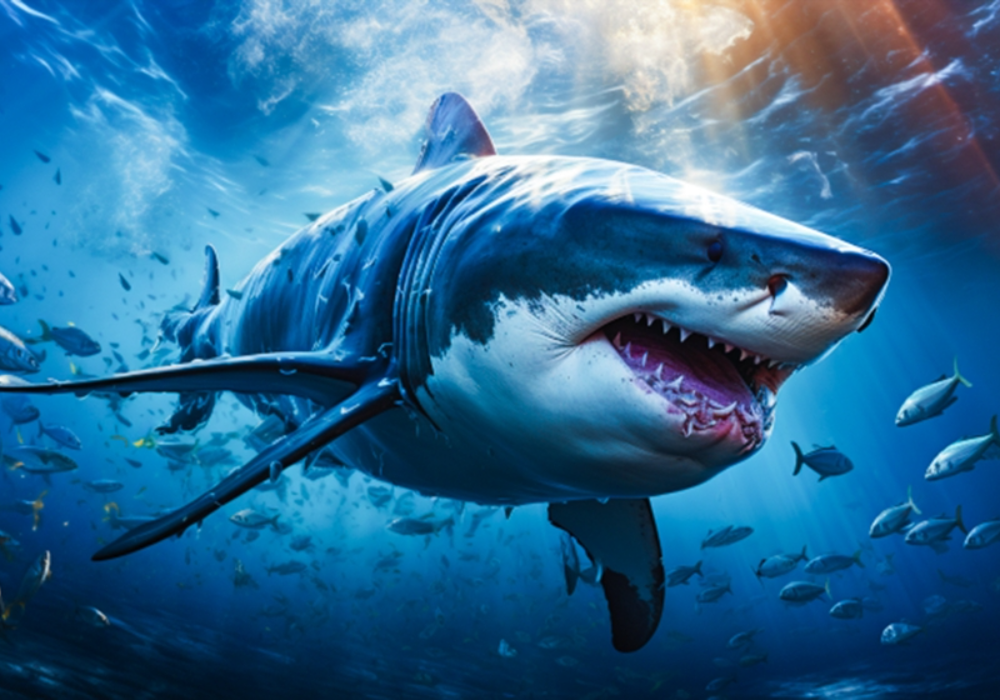Could we be witnessing the rise of an aquatic spinoff of Cocaine Bear? Recent findings have revealed that sharks off the coast of Brazil are testing positive for cocaine, raising serious concerns about the impact of drug pollution on marine life.
Shocking discovery in Brazilian waters
Research conducted by the Oswaldo Cruz Foundation has uncovered alarming levels of cocaine in 13 sharpnose sharks captured near Rio de Janeiro. Upon examination, scientists found significant traces of cocaine and its primary metabolite, benzoylecgonine, in the sharks’ livers and muscles. Notably, female sharks exhibited higher concentrations of the drug compared to males.
Unprecedented levels of contamination
This marks the first documented instance of cocaine found in free-range sharks, with concentrations recorded at 100 times higher than any previously noted in aquatic species. While the exact method of ingestion remains unclear, several theories have emerged. These include: illegal drug labs discharging waste into the ocean, excrement from drug users contaminating the water, and smugglers losing packages during transport across rough seas.
Potential behavioral changes in sharks
Scientists are now investigating how cocaine exposure may alter shark behavior. Reports suggest that these sharks may exhibit more aggressive behavior while foraging for food, which could disrupt the delicate balance of the marine ecosystem. Last year, similar concerns arose when sharks in Florida displayed unusual behaviors attributed to cocaine pollution.
Implications for marine ecosystems
The implications of these findings are significant. As researchers delve deeper into the effects of drug contamination on marine wildlife, the potential for long-term ecological consequences looms large. The health of our oceans is intricately tied to the well-being of its inhabitants, and the introduction of illicit substances poses a serious threat.
The discovery of cocaine in Brazilian sharks is a wake-up call for environmentalists and marine biologists alike. As we continue to grapple with the consequences of human actions on wildlife, it is crucial to address the sources of pollution and protect our oceans for future generations.

















